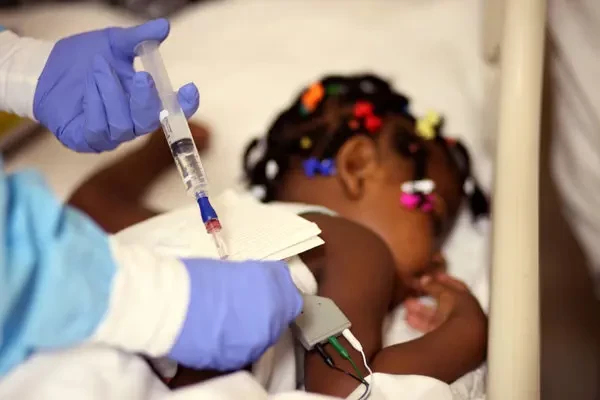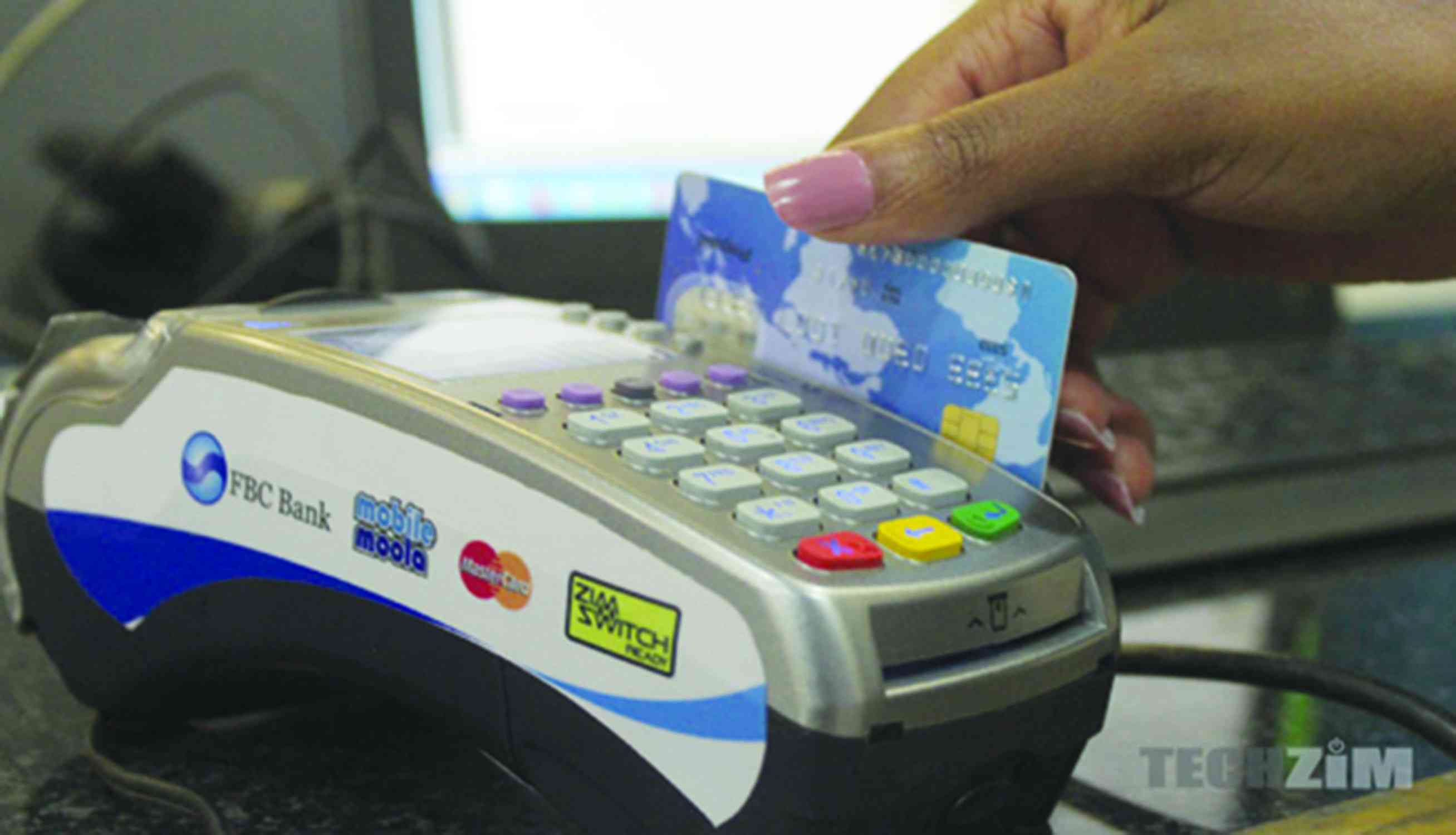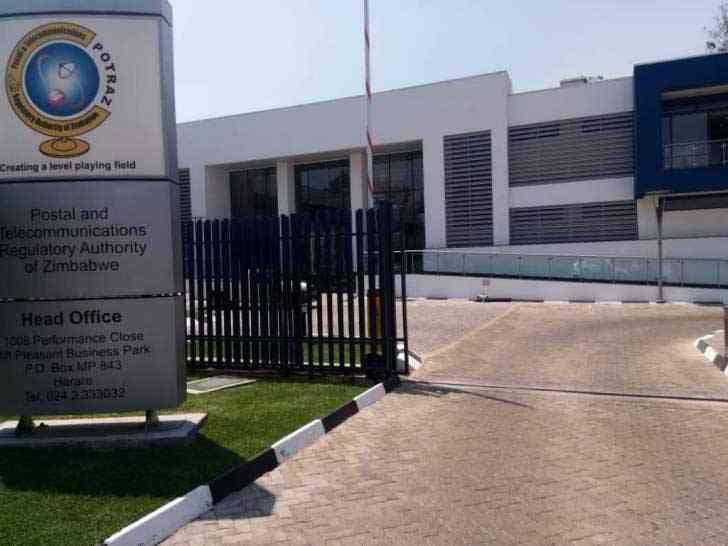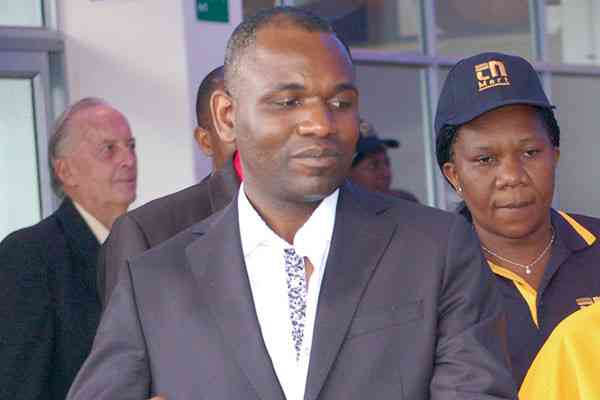
INTERNATIONAL Childhood Cancer Day was commemorated last Saturday around the world to raise awareness about childhood cancer, and to express support for children and adolescents with cancer and their families and those who survive it.
The thought of children suffering from cancer is difficult to take in. Yet every year, more than 400 000 children and adolescents below the age of 20 are diagnosed with cancer around the world.
The rate of survival from childhood cancer is around 80% in most high-income countries, but as low as 20% in low- and middle-income countries.
In Zimbabwe the survival rate is estimated to be below 20%, according to Cimas Health Group doctor Hellen Manyau.
“The low survival rate in Zimbabwe is primarily due to factors such as late diagnosis, limited access to specialised care, high treatment costs and frequent equipment breakdowns,” she said.
“There are few specialised paediatric oncology centres in Zimbabwe, mostly located in major cities such as Harare and Bulawayo. Families living in rural areas face difficulties accessing specialised care in urban centres.
“Cancer treatment is expensive and many families struggle to afford it. Frequent breakdowns of essential equipment such as radiotherapy machines hinder effective treatment,” Manyau said.
She said the Ministry of Health and Child Care is working to improve cancer management through initiatives such as the World Health Organisation Global Initiative for Childhood Cancer.
- Mavhunga puts DeMbare into Chibuku quarterfinals
- Bulls to charge into Zimbabwe gold stocks
- Ndiraya concerned as goals dry up
- Letters: How solar power is transforming African farms
Keep Reading
“Non-Governmental Organisations such as KidzCan provide chemotherapy drugs, diagnostic services, psychosocial support and nutritional aid,” Manyau said.
“Collaboration with international institutions such as St Jude Children’s Research Hospital help improve access to quality care and support.”
While childhood cancer statistics are not well-documented in Zimbabwe, in 2017 there were 253 cases of cancer registered in children aged 0 to 14, she said.
Main childhood cancers
The main cancers among children and adolescents in Zimbabwe, Manyau said, are leukaemia (blood cancer), neuroblastoma (cancer that develops from immature nerve cells), rhabdomyosarcoma (cancer of soft tissue such as muscles), retinoblastoma (cancer of the eye), lymphoma (cancer of the lymphatic system) and renal tumours (kidney cancer).
Causes
Cancer occurs when cells grow and divide uncontrollably. Cancerous cells can invade nearby tissues and spread to other parts of the body.
The exact cause of most cancers is unknown. However, it involves genetic mutations. With leukaemia the mutations are in the bone marrow cells. With neuroblastoma they are in immature nerve cells and sometimes occur before birth.
With rhabdomyosarcoma the mutations are in muscle tissue cells. With retinoblastoma mutations occur in the RBI gene, which can be inherited or occur spontaneously.
Symptoms
There are symptoms specific to particular types of cancer. However, generalised symptoms that Manyau says parents should look for include sudden unexplained weight loss, persistent or recurring fever without an obvious cause, constant tiredness and lack of energy and unusual paleness.
Specific symptoms, she says, include any unusual lumps or swelling, especially in the abdomen, neck, chest, pelvis or armpits.
Persistent pain in bones, joints back or legs is another symptom. Easy bruising or bleeding, often without a clear cause, as well as recurrent infections that do not respond to usual treatments are other symptoms.
A white spot in the eye, a new squint, sudden blindness or a bulging eyeball could be symptoms of eye cancer.
Changes in balance, coordination or speech and continuous headaches, often with vomiting, or an enlarged head are other symptoms of possible cancer.
Treatment
Chemotherapy, radiotherapy or surgery to remove tumours of cancerous tissues are common treatments for cancer.
Targeted therapy, where drugs are used that target specific molecules involved in cancer growth is another form of treatment.
Supportive care can include pain management, nutritional support and psychological counselling, Manyau said.
She said the Cimas iGo department offers counselling services and emotional and psychological support to families to help them manage the stress and anxiety that a childhood cancer diagnosis can cause.
Support groups for families in which a child has been diagnosed with cancer can be helpful, Manyau said, adding that Cimas facilitates connections between families going through similar experiences.
Early detection, treatment
She emphasised the importance of early detection and treatment of all types of cancer.
However, Manyau pointed out that parents and even healthcare providers may not recognise the early signs and symptoms of childhood cancer.
Apart from the challenges of late diagnosis, limited access to specialist care and high treatment costs, treatment may sometimes be delayed by families initially seeking alternative or traditional treatment due to cultural beliefs or lack of information about conventional medical treatments.
“There may also be stigma or misconceptions about cancer, leading to delays in seeking appropriate care,” she said.
It was important, Manyau said, to educate parents, teachers and children about the signs and symptoms of childhood cancer and the importance of early diagnosis and treatment and to train healthcare workers to recognise early symptoms and refer patients promptly for further investigation and for treatment, should a diagnosis of cancer be confirmed.
- The information in this article is provided as a public service by the Cimas iGo wellness programme, which is designed to promote good health. It is provided for general information only and should not be construed as medical advice. Readers should consult their doctor or clinic on any matter related to their health or the treatment of any health problem. To contact the iGo team, e-mail [email protected] or WhatsApp 0772 161 829 or phone 024-2773 0663.











